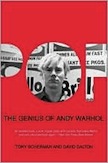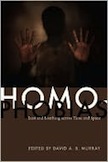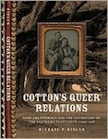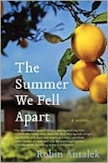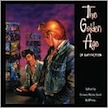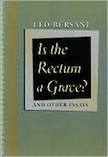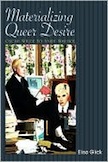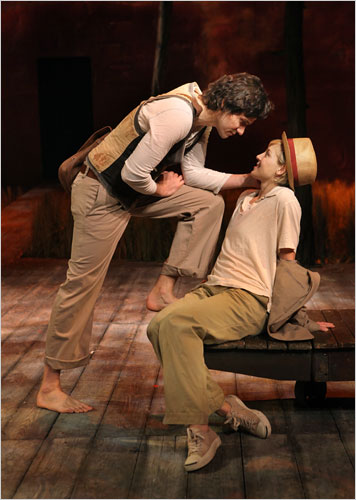ASSUMPTIONS about what gay life and culture were like before Stonewall—that it was an era of all-consuming repression, secrecy, and shame—might lead one to conclude that depictions of gay people in film and literature were non-existent or, if they did surface, heavily coded. Many film historians have examined the movies of this period, but the history of gay literature, which arguably provides perhaps an even richer history, has not been explored as thoroughly. Of course, one must be willing to allow for a more expansive and inclusive definition of what constitutes “literature.”
More